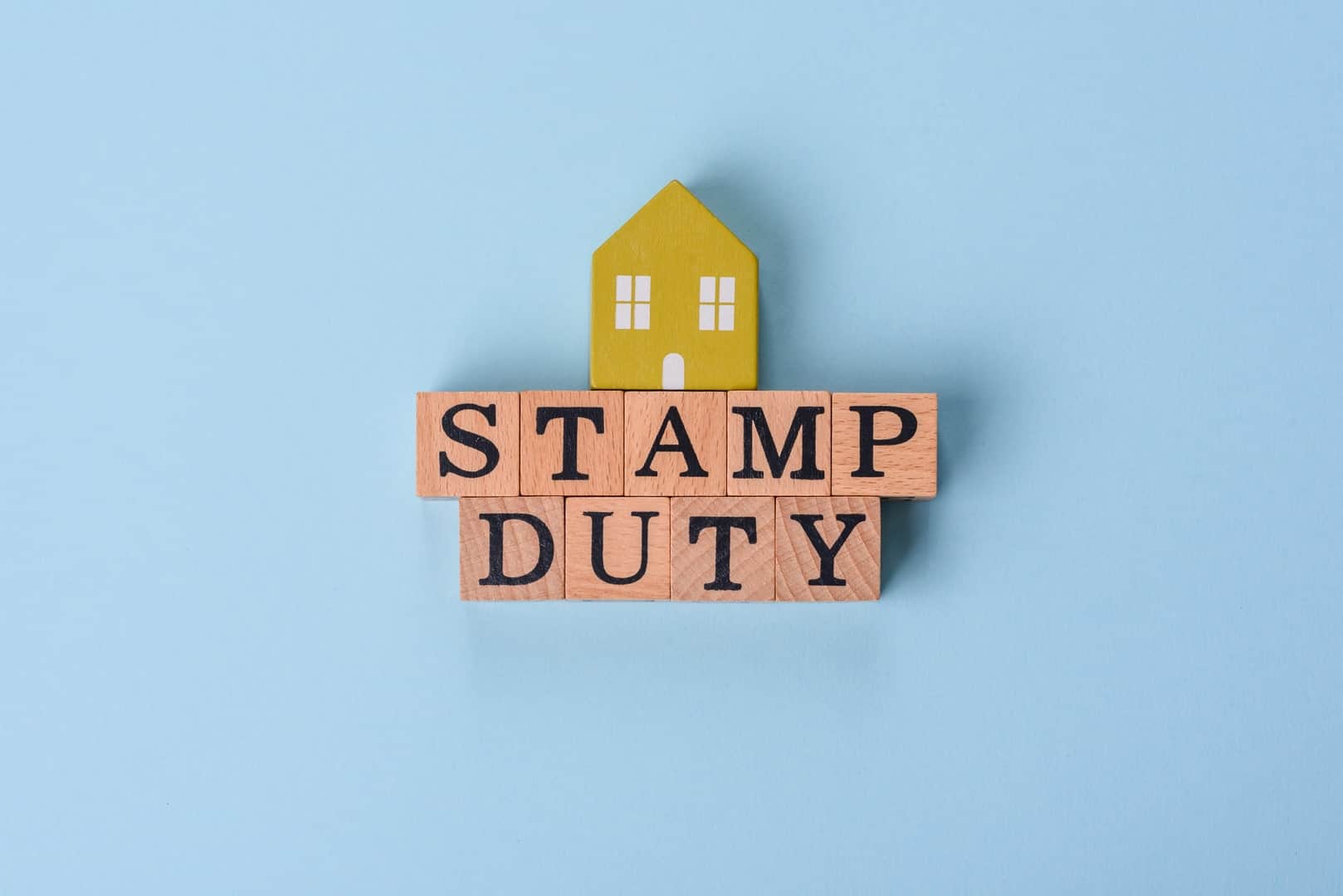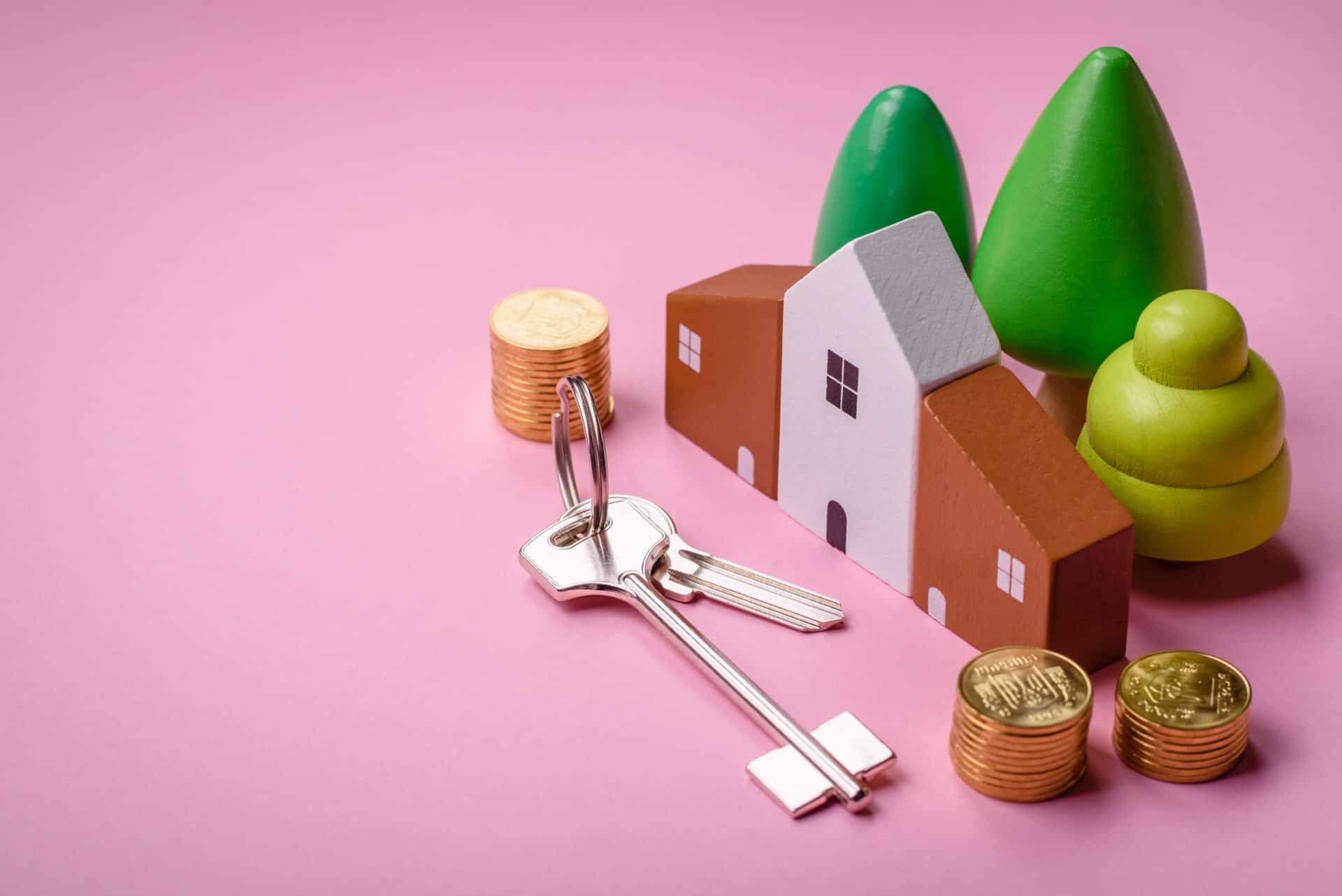Australia’s property market is more volatile than ever. Whether you’re a first-time property owner or a seasoned investor with a portfolio of properties, when selling or withdrawing equity from your home or investment property, partnering with industry professionals informs you of the actual value of your property amid ever-changing market conditions.
But how much does a property valuation cost?
In this piece, we’ll explore the different factors influencing the cost of a property appraisal, the benefits of investing in an official property valuation with a qualified property valuer or real estate agent, and how to choose the best option for your needs.
Understanding Property Valuation Costs in Australia
Over your years of ownership, the estimated value of your home or investment properties will fluctuate from the final sale price.
Recent sales of similar properties, rising and falling interest rates, home loan lenders modifying mortgage application criteria, imbalances with supply and demand, global economic factors, and much more will all impact the property’s value.
As such, you will need a property valuation report to set a fair and reasonable asking price.
Generally speaking, a property valuation cost can widely vary from as low as $300 to $600 or more. It really depends on factors like the type of property, its size, location, and the extent of the valuation service.
For example, at Duo Tax, we have a range of property valuation services tailored to your specific needs, including:
- Capital Gains Tax (CGT) Valuation: Both current and retrospective evaluations for CGT on properties to estimate the tax amount due on the profit gained from your property sale.
- Market Assessment Valuation: If you’re considering understanding the current market worth of your property, our team of expert evaluators provides precise and equitable valuations, ensuring you don’t pay excess tax.
- Retrospective Valuation: Our services extend to offering historical or backdated valuations and advice on property value at a specific past date.
- Stamp Duty Valuation: Services to calculate stamp duty, considering factors like market trends, property characteristics, size, construction quality, location, and nearby facilities.
- Pre-Purchase & Pre-Sale Property Valuation: An estimate of the property’s market value at a given time, providing a fair market value assessment of the property in question.
Most professional valuation services will quote an all-inclusive fee ahead of time, so there are no surprises when the bill comes around. Remember, like anything else, the cheapest quote isn’t always the best.
Factors Influencing the Price of Your Market Appraisal
Property valuation costs depend on an array of factors, including:
Property Type
The kind of property you have significantly changes the cost of its valuation. For instance, commercial properties generally require more detailed analysis than residential ones, as they also involve rental income, tenant contracts or structural complexities.
Location
Practically speaking, properties in remote or difficult-to-access locations could increase the valuation cost given the added challenges in reaching and surveying the property. Naturally, properties within metro areas are easier to access and, thus, are cheaper for an independent valuer to appraise.
Property Size
A larger property, including the surrounding land, requires more time to evaluate and include within a detailed report, so costs will likely be higher.
Nevertheless, it’s not just the physical size but also the complexity of the property; a home with numerous facilities, such as a pool or outbuildings, can take longer to inspect and drive the price up.
How to Minimise Your Property Valuation Expenses
Depending on your preferred method and level of detail in your valuation, fees attached to property appraisals might initially seem high, especially when you are also currently comparing home loans and the other costs of property settlement.
There are, however, several steps you can take to minimise your property valuation expenses:
Opt for Online Valuations from Qualified Property Valuers
Online valuations aren’t going to be as detailed as in-person evaluations, but they can be significantly cheaper.
Digital platforms deliver so much information that a real estate agent or qualified valuer can draw from, as well as the added convenience of speed, cost-efficiency and availability on-demand. Although online valuations might be less thorough, they are based on massive property transaction data, giving you at least a broad overview of your property’s value.
Request Bulk Valuations
Consider asking for a large-scale discount if you own multiple commercial or residential properties and need valuations. Some valuation companies will reduce their fees if you have a large volume of work for them.
Choose the Right Kind of Valuation
If you want a valuation for your own curiosity or for future planning, a full, deeply detailed valuation might not be as essential to those looking to sell or refinance their loan amount. A less-detailed valuation might achieve what you need and cost significantly less.
Exploring Free Options for Property Valuation
Australia is full of free online valuation options, such as real estate websites and property valuation tools, which can estimate your property’s value.
Before diving in, know that these digital evaluations only calculate your property value from the limited data available to them, such as recent comparable sales and local area market trends.
A great preliminary step, yes, but without the help of an independent valuation expert, you may find these estimates fail to consider some specific factors beyond basic property economics, such as renovations, unique selling points, or specific market dynamics.
The Pros and Cons of Free Property Valuations
The Pros
- Cost Efficiency: Free property valuations might be a good starting point for first-time homeowners and those with limited personal finance.
- Convenience: Many services offering free valuations are available online, significantly reducing the time and effort involved in the process.
- Access to Multiple Evaluations: Since there’s no cost involved, you can freely access multiple sources for valuations, providing a broader range of estimates to compare and contrast.
The Cons
- Lack of Accuracy: A free property valuation tool often uses automated algorithms and needs more in-depth analysis of a professional service. Estimates may not reflect the actual market value of your property.
- Generic Approach: These services often use a one-size-fits-all approach to property valuation, failing to take into account unique or specific features of your property while determining its value.
- Reliability: As these services are free, they may not provide the same level of customer support as a paid service, leaving you with unanswered questions or concerns.
Why Opt for a Professional Property Valuation?
As a property owner, your home and wider investment portfolio will hold an enormous worth. They’re not only tangible assets on a balance sheet, but spaces where your dreams and objectives take shape.
With this in mind, investing in a professional valuation is more of a necessity than an option.
Let’s explore what you will receive from investing in a qualified valuer:
Greater Accuracy
Professional valuers utilise a combination of methodologies, best practices, and in-depth industry knowledge to deliver a reliable and accurate valuation. Property valuation isn’t guesswork; it requires detailed analysis, and getting it wrong can have significant financial consequences.
Legitimacy
In many circumstances, such as obtaining a loan, calculating tax obligations, resolving legal disputes, or selling your property, a professional valuation is not only helpful but sometimes essential for legal standing.
Banks and legal authorities often require valuation reports from certified valuers, such as those with the Australian Property Institute, to ensure credibility. These organisations enforce certain standards that outline an appropriate way of working, guaranteeing property owners are given a top-tier service.
Fair Pricing
When it comes to selling your property, having a professional valuation assists in setting a reasonable and justifiable asking price to attract a willing buyer. A professional valuation lets you understand what your property is genuinely worth and helps you avoid underpricing or overpricing, which could deter the wider market.
Comprehensive Analysis
Professional valuers also look beyond your property’s size and location. They review factors such as the age of the building, the status of the real estate market, the quality of nearby establishments, the potential for future growth, and so much more. They perform a detailed analysis that a do-it-yourself valuation might miss.
Get an Accurate Valuation of Your Property
While a professional property valuation might come with an upfront cost, the peace of mind, accuracy, and potential financial benefits it can offer make it a worthy investment for any Australian property owner.
Get the most out of your property – contact Duo Tax today for a free consultation.

Ready to get started?
Talk to one of our friendly property experts to get a free quote or more Information.









